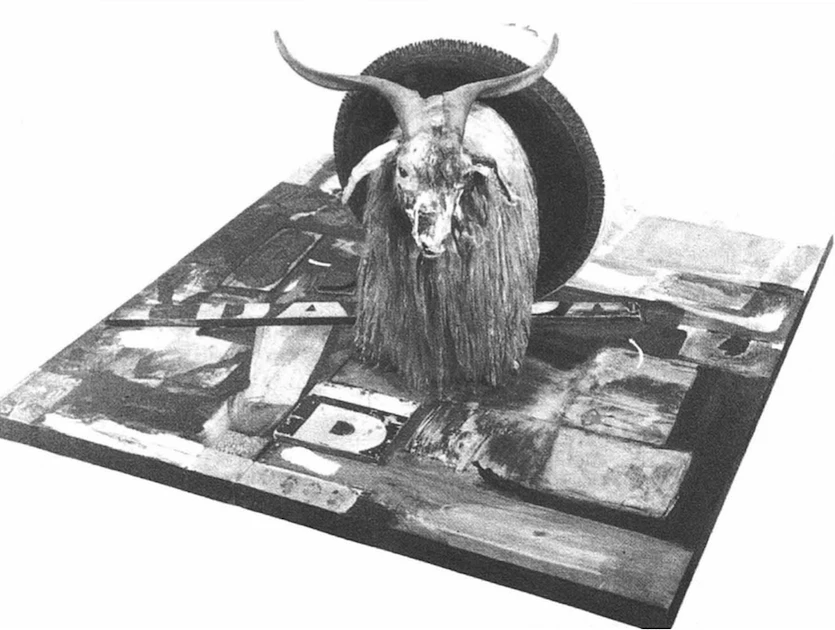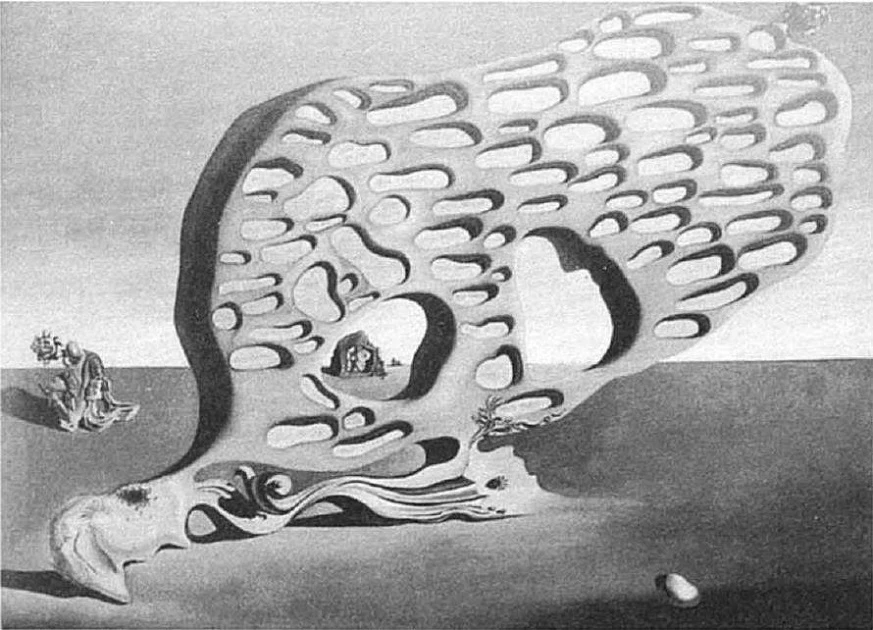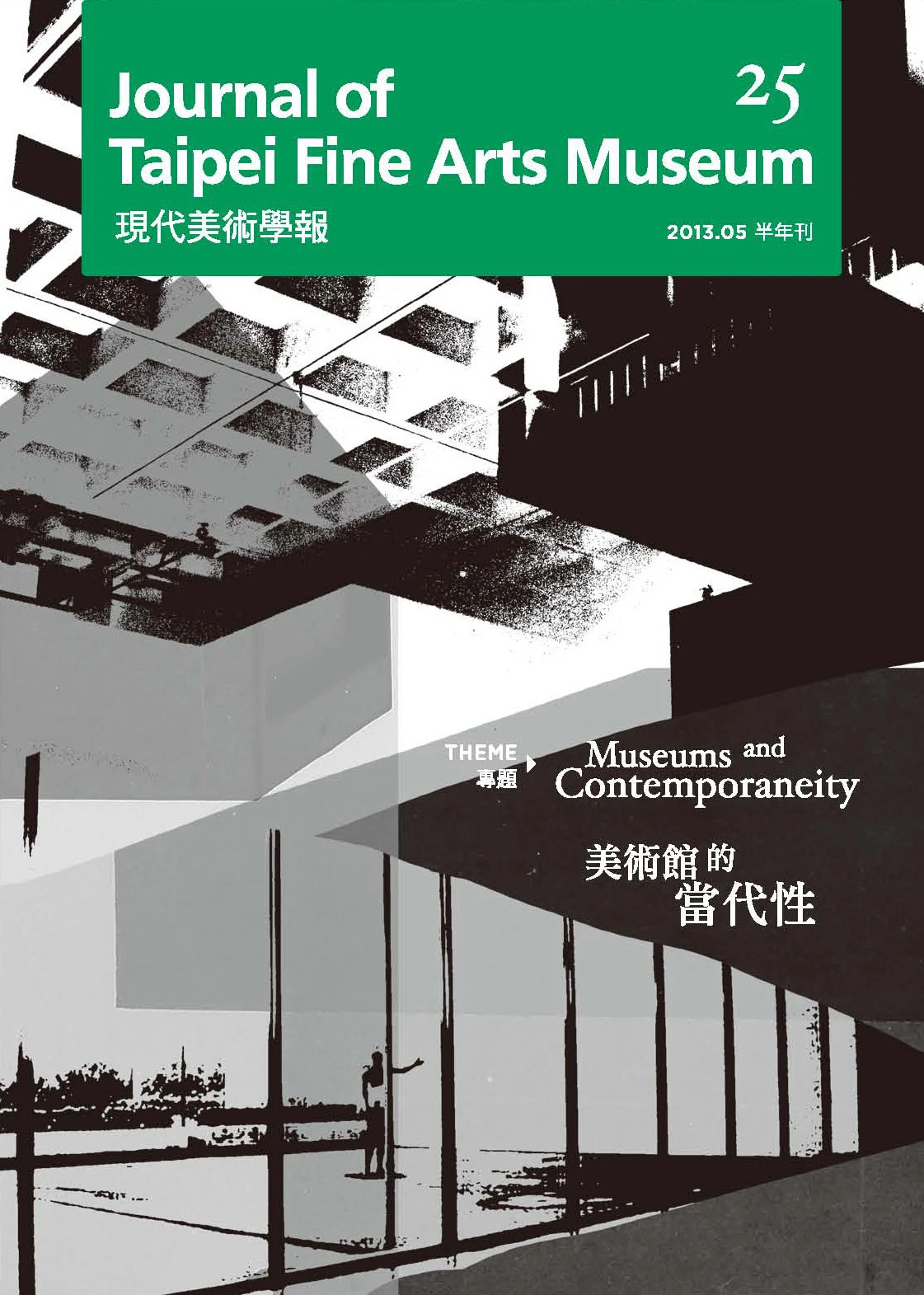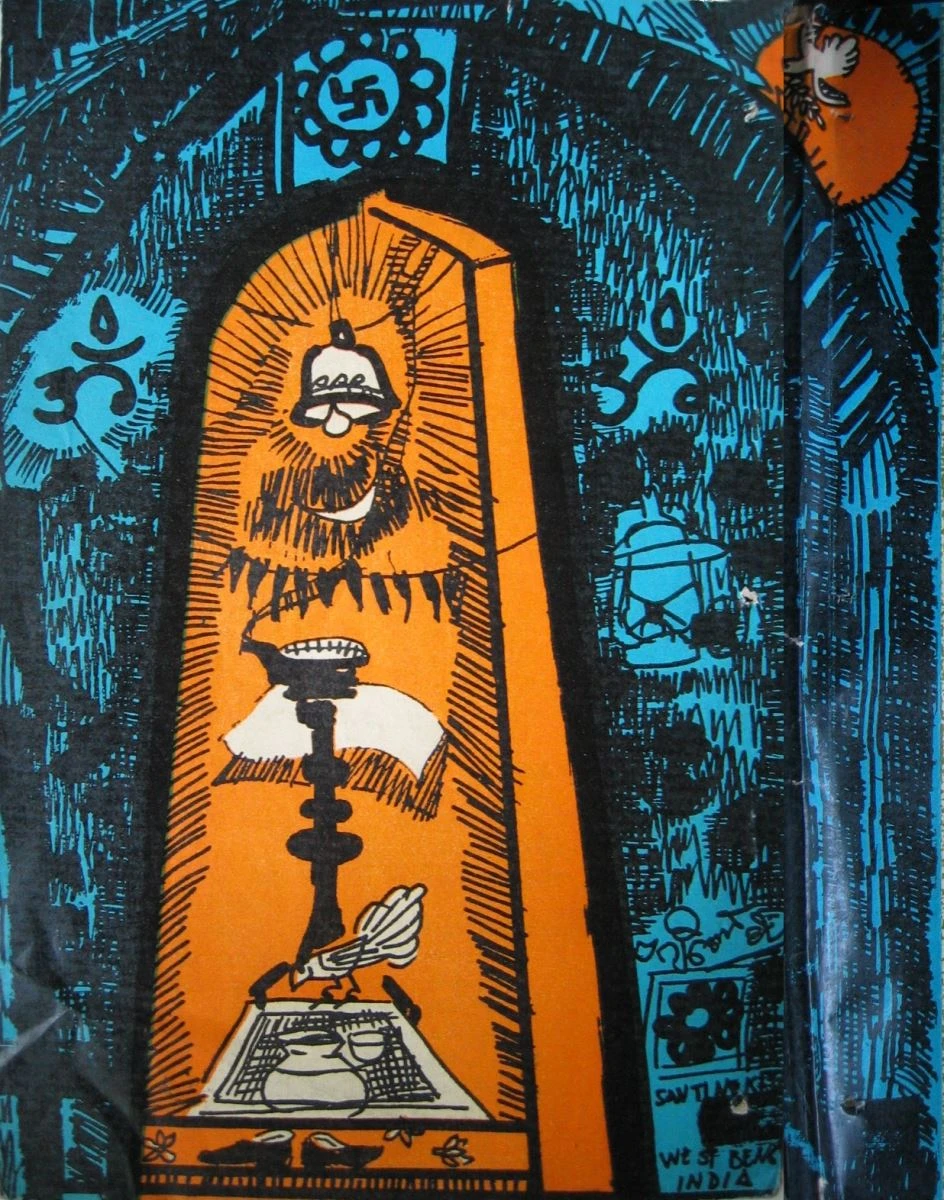摘要
自1996年起在北美館舉辦的「台北雙年展」,寫下屬於臺灣的當代藝術展演重要的歷程。每屆雙年展實際的場地運用,展示策略與作品之間的互文關係,即展覽的場地規劃、空間如何演繹推展,以及如何有效運用等,都攸關展演的有效性,並透露時代性展演趨勢訊息。本文將以1996-2012台北雙年展作為主要研究對象,旨在考察台北雙年展在藝術家個別創作理念與策展人策展理念下,如何運用並轉化北美館實體空間,創造作品與觀者之間的關係,以探討此項展演展出空間與展示策略的演變與演進。筆者將透過觀察歷屆台北雙年展所展現的空間策略,分析在體制化的白盒子中的特定空間的展示策略與方法,如何突破、顛覆或解構「白盒子」式的展示與觀賞的概念意識。也就是說,本文將討論這幾屆雙年展提出了何種突破與翻轉傳統的、僵化的、離開現 實的、較為階級的、有比較多限制的、「機制化」的展示方式?而這樣突破傳統的展示方式,又如何改變傳統的策展與觀展過程?
關鍵詞
雙年展、現代主義式白盒子、奇觀、展示空間、台北雙年展
Abstract
Since its inception in 1996, Taipei Biennial at the Taipei Fine Arts Museum has indelibly marked key defining moments in the exhibition history of contemporary art in Taiwan. Factors such as the actual use of exhibition spaces at each Biennial, the presentation strategies, and intertextuality between the works, parallel events, and how spaces might be interpreted and extended, how to seek effective evolvement, etc. – all contribute to the overall effective validity of the biennial exhibition, and reveal current trends in contemporary art production. With the 1996-2012 Taipei Biennial as the main focus, this essay will attempt to explore the evolution and adaptation of exhibition spaces and presentational strategies at the Biennial , through an analysis of the Biennial’s use and transformations of actual spaces at and around the Museum, as well as its distinctive creative or curatorial concepts, and also to depict its relationship between the space, the work and the spectator along the transformation. The case study is a preliminary observation of how specific strategies are developed within an institutionalized white cube to breakthrough, subvert or deconstruct the "white cube" style of exhibition presentation, and its conceptual consciousness. In other words, how has the Taipei Biennial managed to go beyond and overturn an "institutionalized" exhibition method that is steeped in tradition: one that is rigid, stratified, restricted, and removed from reality? How can the traditional exhibition curating and presentations be broke through in order to develop and transform the space?
Keywords
biennial, white wube, spectacle, exhibition space, Taipei Biennial





